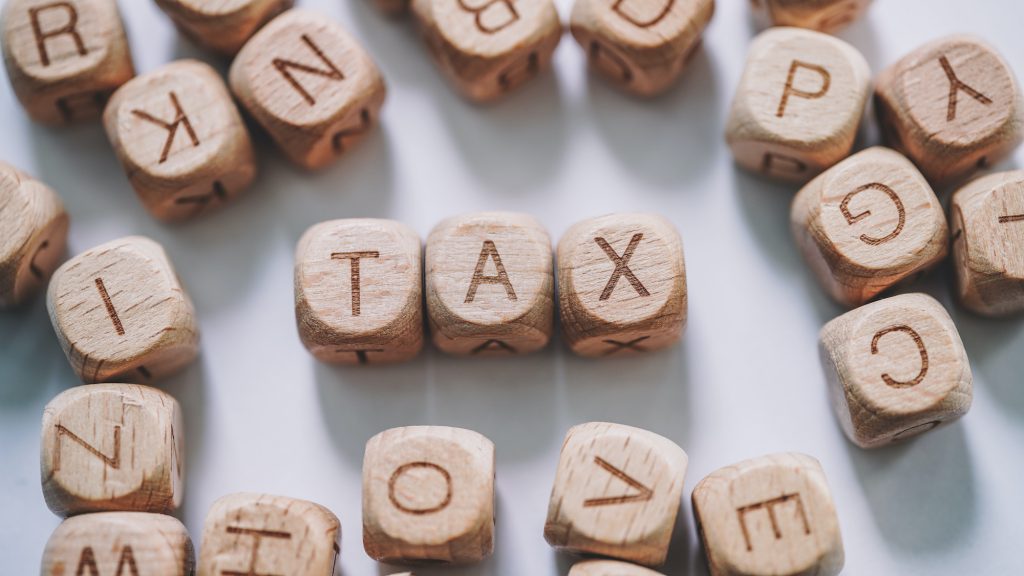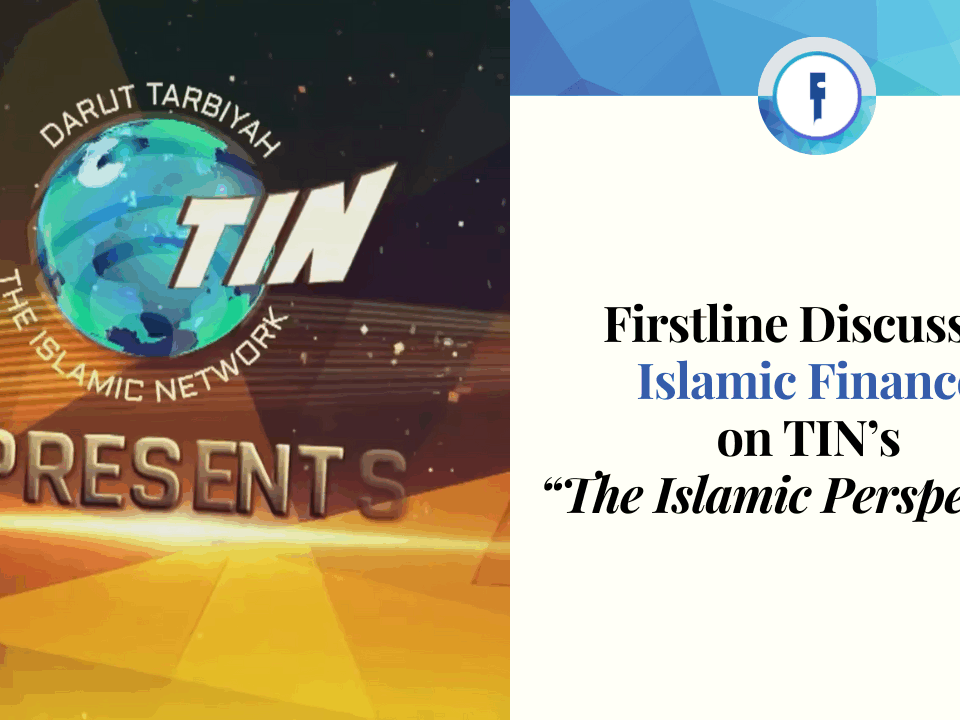Now, it’s comparison time. Recall that rent is dead money that is easy to see. Homeownership also has its dead money which includes Property Taxes, Maintenance and the Cost of Capital which we’ve just calculated.
By way of example, take the value of the home you are considering purchasing, multiply it by 5.386% and divide by 12. If you can rent the same property for less than that, then renting is an understandable financial decision.
A $2,000,000.00 home would be estimated to have $107,720.00 annually, or $8,976.67 monthly in dead money.
Dead Money In $2,000,000 Property | $2,000,000 * 5.386% = $107,720.00 annually | $107,720.00 / 12 = $8,976.67 monthly |
It can be calculated the other way too. If you find a rental property that you love for $8,000, multiply that by 12 and divide by 5.386%. This works out to $1,782,399. In other words, renting at $8,000 is financially equivalent in terms of dead money to owning a $1.782M home.
Equivalent Property Value For Renting At $8,000.00 Per Month | $8000 * 12 = $96,000.00 annually | $96,000.00 / 5.386% = $1,782,399 |
There is no doubt that using 5.386% as an estimate for the dead money component of owning a home is extremely simplified. When we begin considering portfolio diversification, changes in tax rates, outstanding mortgage balances, interest rates, GDP, and other economic indicators, the dead money cost changes.
For example, if your investment portfolio were less aggressive i.e. not 100% equity (the TTSE Composite Index used in our calculations), the Cost of Equity Capital decreases. If we think of this in terms of making a financial decision, it will mean adjusting your dead money cost downwards.
Let me put it this way: one of the largest costs of owning a home is the opportunity cost of equity capital.
If you paid $2,000,000 cash for your home purchase but it’s only a portion of your portfolio, then this real estate investment represents a diversification and all things being equal, is a sound financial decision. If you paid $2,000,000.00 cash for a home, and you have nothing left, that means you chose to invest in real estate rather than anything else – like specific stocks, bonds, mutual funds or you know, having your growing wealth managed at Firstline Securities Limited (ahem).
Similarly, if the 10% deposit for a house ($200,000.00) is your total investable portfolio, my hope is that after reading this article, you think further before deciding to invest it all in a home. The difference between investing in real estate solely than any other asset class or a combination of asset classes, is an opportunity cost which homeowners will incur.













5 Comments
Thank you Johann Passee for this article. It was very informative and easy for the layman to understand. Wished I had seen this article before I took a mortgage to purchase my home. You have me wondering now if I made a sound financial decision with my mortgage. Nevertheless, the information was very enlightening. Thank you.
Interesting article and pperspective, but isn’t the opportunity cost.of time in this economy (given the limited options in our mortgage market) also a disadvantage for a prospective homeowner taking into account the term of a mortgage which, most times goes up to retirement age? So if you postpone homeownership in lieu of renting (and investing your downpayment) due to the calculations above, you also sacrifice time where you could have been in a mortgage and, then left with a shorter mortgage term and higher monthly payments? And, the downside of renting is the impermanence of it where after a year lease which is most often the case, you are suceptible to fluctuations in rental market prices compared to a fixed rate mortgage?
Hi K, considering the opportunity cost of time will disadvantage the individual if their wealth and cash flows remain constant over the period, i.e. the returns are negative or less than expected.
The term of the mortgage is shorter as one grows older, but the mortgage amount should also be smaller, i.e. you should be able to make a more substantial down-payment from the investment proceeds and the monthly payments should be an easier commitment as your wealth increases.
While there is a risk to changes of lease arrangements, one can also look for another property within budget during times of volatility, whereas with a fixed rate mortgage, there is also the risk of fluctuations in maintenance cost which can’t always be anticipated and may at time be unavoidable.
The goal is to purchase a property, but doing so too early or at the wrong time can be unnecessarily burdensome on one’s financial position.
Thanks for the clarification! I guess in terms of income, changing income streams or accumulating more wealth is key. In jobs where income streams increase at sometimes a decreasing rate or not on par with increases in the cost of living for eg. The public service, the decision or timing to purchase becomes even more critical.
Great article, very informative and well explained.